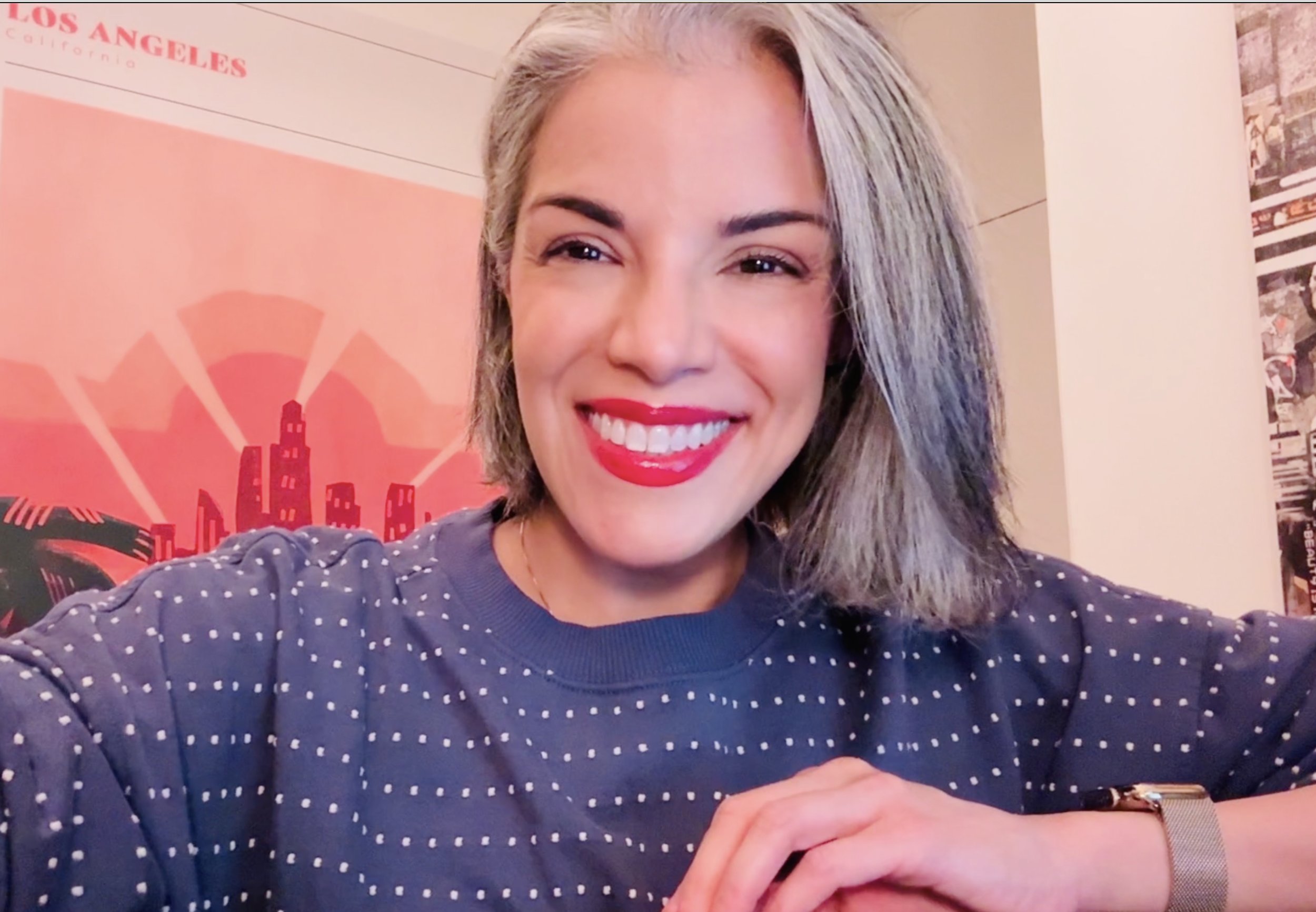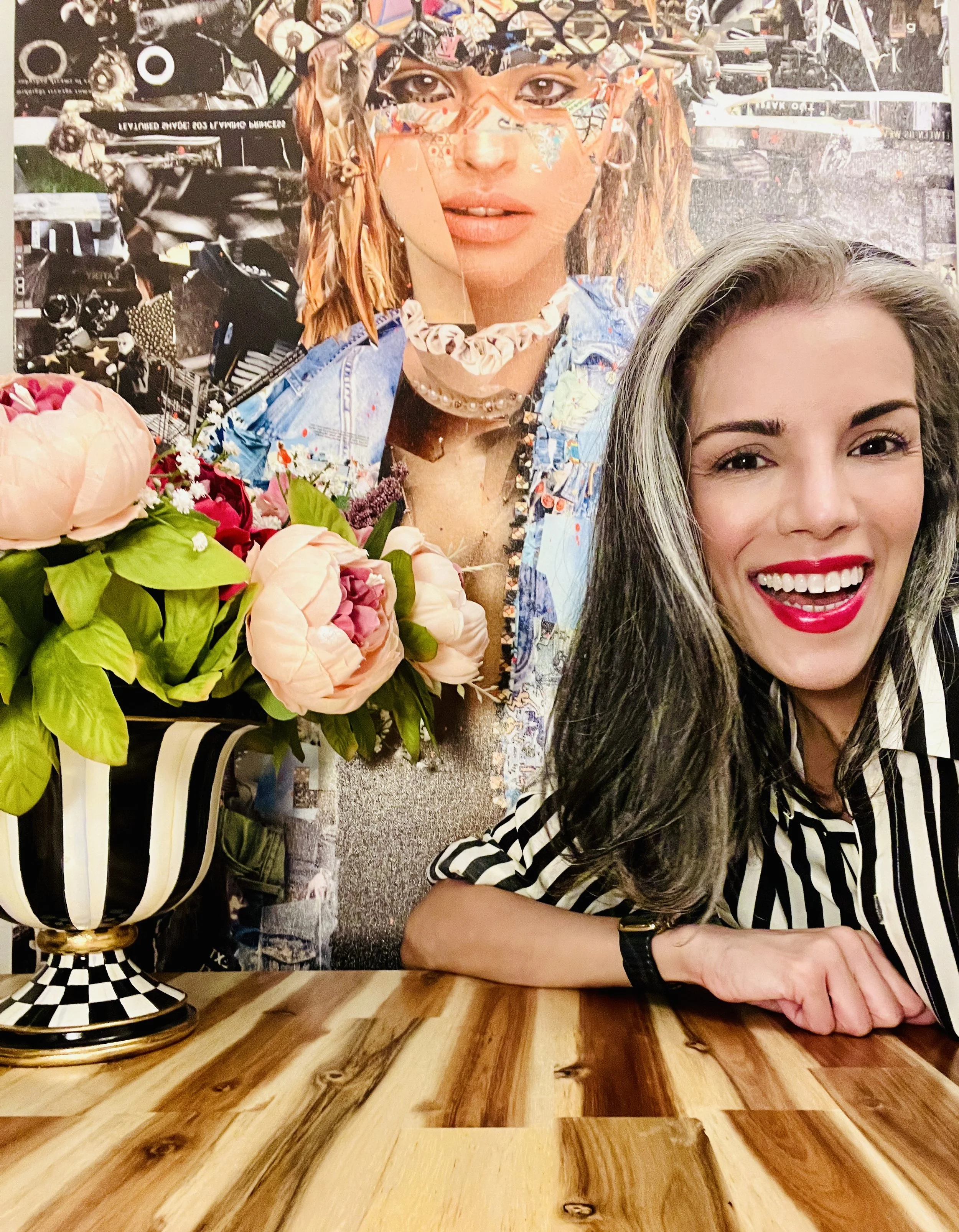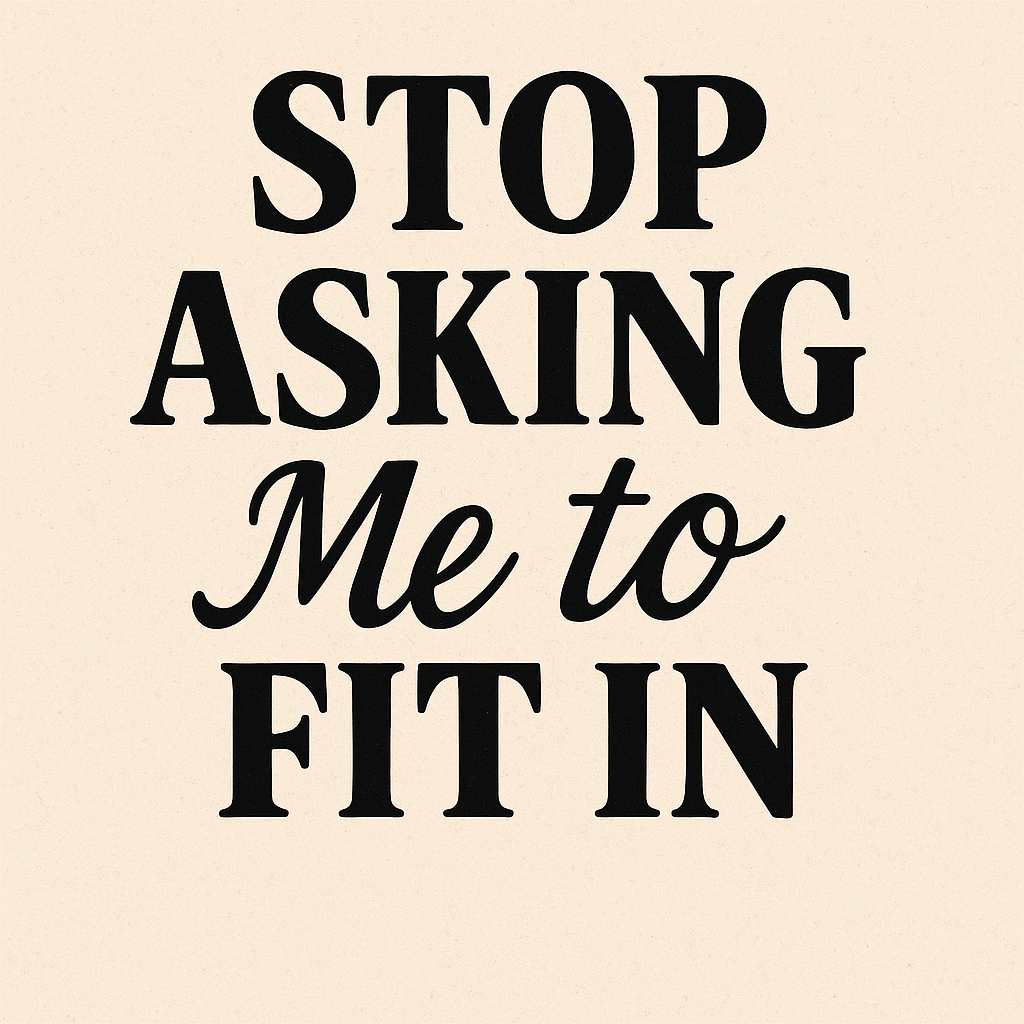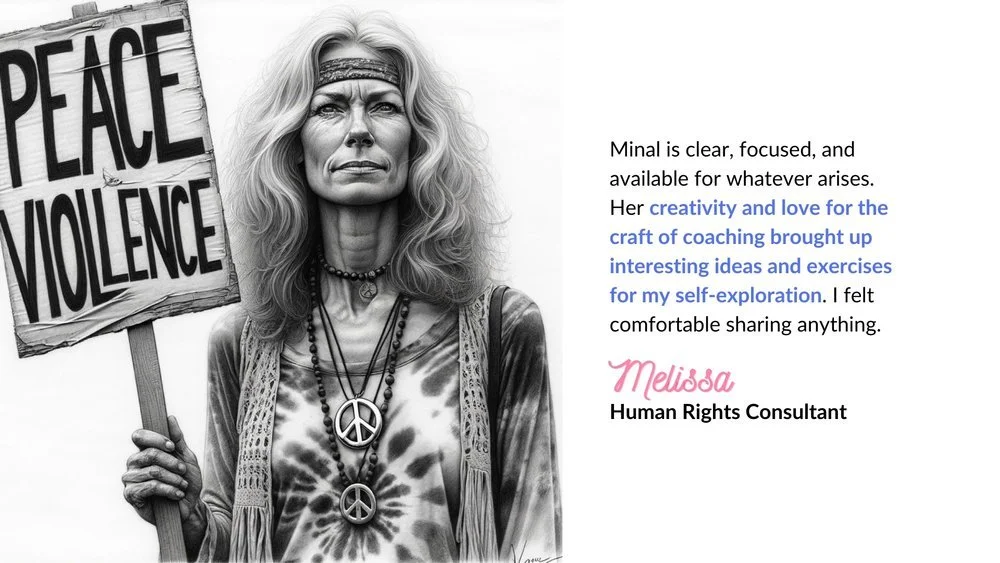Spring Health Clients
Hello, Love
I know you’ve been carrying a lot — ambition, ideas, caregiving, and that small spark that refuses to die out. Working with me is a real exchange of energy. If you want quick answers, AI can do that faster…but likely, not in a lasting way.
We make space for all of you — the tired parts, the brilliant parts, and the pieces still taking shape.
My role is not to fix you or steer your life. I’m here to help you hear your own voice beneath the noise, trust what it’s telling you, and act from that steadier place.
About Me
I’m Minal Kamlani, an ADHD, Leadership, and Recovery Coach based in New York City. I know what it’s like to navigate high performance while managing neurodivergence, anxiety, and burnout. Before coaching, I spent nearly two decades leading brand strategy for global ad agencies. I do still work in a corporate space and coach part-time.
My coaching approach blends trauma-informed coaching, neuroscience, and lived experience in helping clients build focus, emotional safety, and self-trust.
Credentials
ICF-certified coach (ACC), PCC in 2025
Trauma-Informed and Recovery Coach (TICC, CPRC)
Founder of the Neurodiversity Coaching SIG at ICF NYC
Speaker on ADHD, trauma-informed, and AI in coaching
Why Clients Reach Out
ADHD or executive-function overwhelm
Burnout and work-related pressure that’s flattening their spark
Recovery from people-pleasing, perfectionism, or old survival patterns
Healing after disordered eating, substance use, or other compulsive loops
Big life or career pivots that require clarity and courage
Compassion fatigue or leadership exhaustion
How Coaching Can Help
-
AUTHENTIC CONFIDENCE
Be your core values and strengths
-
BALANCED FEELING
Use time & energy cycles wisely
-
CHALLENGE MASTERY
Create challenge-busting strategies
-
INCREASED INFLUENCE
Lean into your leadership style
-
STICKY HABITS
Create sustainable routines
-
SUPPORT NETWORK
Build your own growth network
FAQs
-
Co-Active: Coach Training
MTHS: Trauma-Informed Coaching
JST: Coaching for Neurodiversity
IACPRC: Recovery Coach Training
Stanford Medical School: CCARE, Compassion Cultivation
-
Therapy focuses on healing the past and treating mental-health conditions such as anxiety, depression, or trauma. It helps you process emotions, build insight, and recover from what’s already happened.
Coaching focuses on building the future — creating structure, clarity, and sustainable action. It helps you understand your patterns, manage time and energy, and design systems that support your wellbeing.
-
Coaching is not trauma therapy, but it supports recovery by helping clients rebuild trust in themselves, regulate energy, and create structure after healing work.
It focuses on the present and future, not retelling the trauma — helping clients develop boundaries, routines, and self-leadership that reduce stress and re-triggering.
Coaching complements therapy by integrating growth into daily life, turning insight into sustainable action and greater emotional safety.
-
Each session focuses on your 90-day goals and what feels most relevant that week — keeping the work practical and personalized.
Common themes include managing time and energy, setting boundaries, building confidence, and recovering from burnout or perfectionism.
Coaching may also support progress alongside therapy — helping you navigate behavior, substance, or stress-related patterns with structure and self-trust.
-
I keep brief notes to track your goals, progress, and what matters most from session to session. These notes are confidential and stored securely in an encrypted, private cloud system. They are never shared with your employer, therapist, or care navigator — they exist only to support your coaching process.
Sessions are not recorded. While Spring Health offers that option, I choose not to record so you can speak freely and feel completely safe exploring whatever is present for you.
-
Come to each session with one topic or challenge to explore.
Be open to slowing down and noticing your thoughts, body, and energy.
Take brief notes during sessions. Note what’s what’s working and what’s not between sessions.
Celebrate progress, even small shifts. Growth builds through repetition.
Take a look at the resources I have shared, including the blog.
-
Your first Spring Health intake session is up to 40 minutes, giving space to explore your goals and focus areas.
Follow-up sessions are up to 30 minutes from the start time, including time to schedule the next one.
Short, focused sessions keep things actionable — you’ll always leave with clarity and next steps that you choose.
-
Most clients begin with biweekly sessions for at least three months, then shift to monthly or as-needed check-ins once they feel steady.
There are occasions when clients meet weekly in the beginning and then shift to biweekly.
-
I generally show my schedule 1-2 weeks out. More time often does open up each week, so keep checking back or reach out to me via the platform.
Spring Health coaches and therapists are independent contractors, which means many of us balance coaching with other professional work to pay our own bills. As a result, availability may be limited.
-
As a Spring Health client, you can reach me directly through the platform by sending a message to me. Please use caution in sharing personal info since the care team will see these messages.
Note that I do not get pinged whenever a message is sent, so there may be a time lag. But, if we are at your appointment time, I will see the message since I will be logged in.
-
You’re welcome to work with more than one coach if it supports your growth. That said, Spring Health provides a limited number of sessions per benefit cycle, so splitting time between multiple coaches can make it harder to go deep or maintain continuity. Clients who stay consistent with one coach usually have more flexibility in scheduling and progress.
If you do choose to work with more than one coach, transparency matters. Let each of us know who else you’re working with so we can stay aligned and make sure your experience feels cohesive and supportive. Coaches and therapists can see who you are working with, but your session notes remain fully confidential.
Featured Blog Posts
Testimonials











